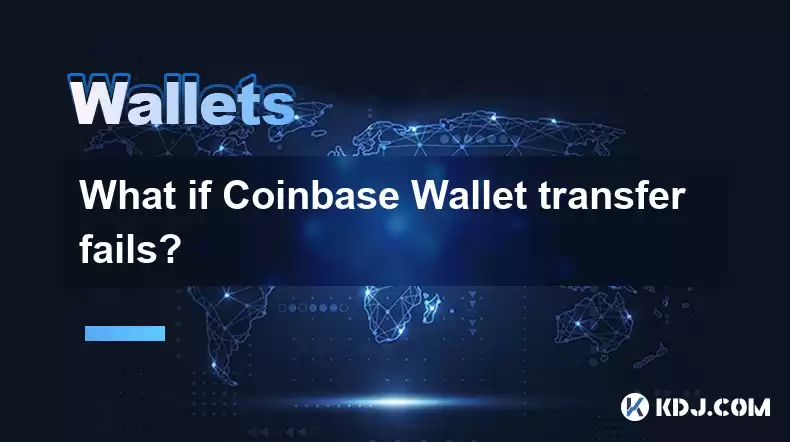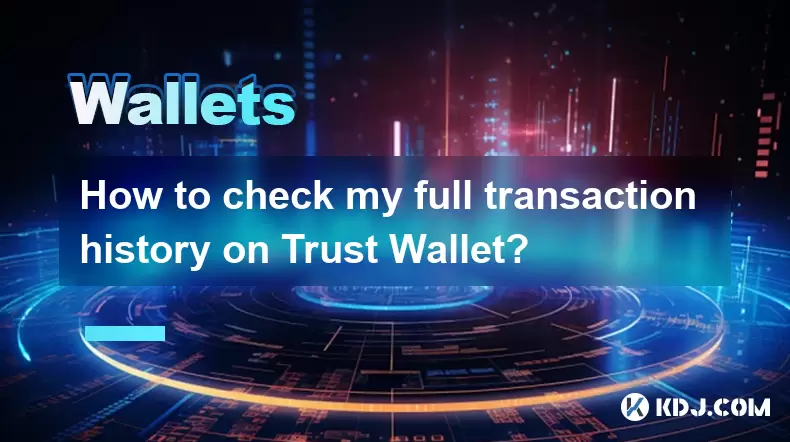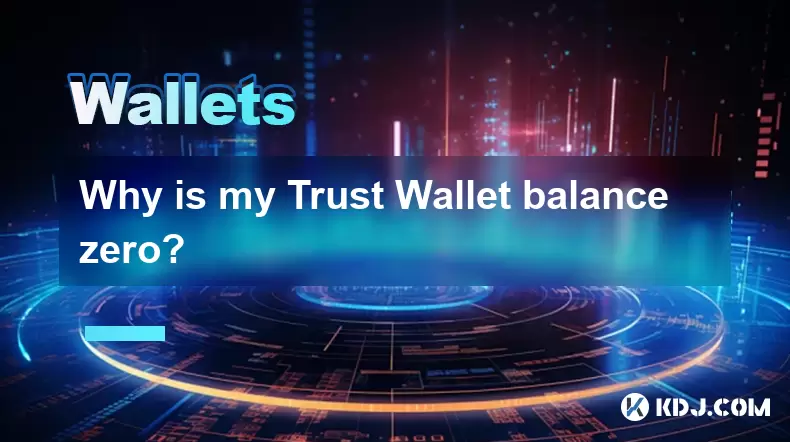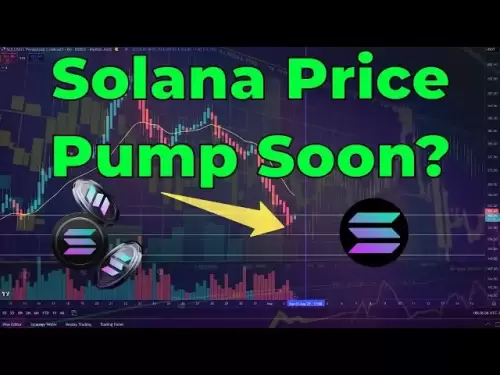-
 Bitcoin
Bitcoin $114000
0.76% -
 Ethereum
Ethereum $3488
0.53% -
 XRP
XRP $2.908
2.27% -
 Tether USDt
Tether USDt $1.000
0.05% -
 BNB
BNB $750.3
0.39% -
 Solana
Solana $161.9
0.14% -
 USDC
USDC $1.000
0.03% -
 TRON
TRON $0.3258
1.22% -
 Dogecoin
Dogecoin $0.1991
1.38% -
 Cardano
Cardano $0.7260
3.39% -
 Hyperliquid
Hyperliquid $38.20
2.33% -
 Stellar
Stellar $0.3987
7.33% -
 Sui
Sui $3.414
1.17% -
 Chainlink
Chainlink $16.28
2.52% -
 Bitcoin Cash
Bitcoin Cash $542.2
2.07% -
 Hedera
Hedera $0.2489
7.51% -
 Ethena USDe
Ethena USDe $1.001
0.05% -
 Avalanche
Avalanche $21.40
0.70% -
 Toncoin
Toncoin $3.635
0.75% -
 Litecoin
Litecoin $109.8
2.04% -
 UNUS SED LEO
UNUS SED LEO $8.955
-0.02% -
 Shiba Inu
Shiba Inu $0.00001221
2.44% -
 Uniswap
Uniswap $9.152
2.20% -
 Polkadot
Polkadot $3.588
2.09% -
 Monero
Monero $298.1
1.27% -
 Dai
Dai $1.000
0.01% -
 Bitget Token
Bitget Token $4.326
1.28% -
 Pepe
Pepe $0.00001045
1.96% -
 Cronos
Cronos $0.1330
4.27% -
 Aave
Aave $257.9
2.12%
What if Coinbase Wallet transfer fails?
Coinbase Wallet transfer failures can result from network congestion, insufficient funds, incorrect addresses, or low gas fees; check network status and adjust fees to resolve issues.
Apr 25, 2025 at 06:28 am

Understanding Coinbase Wallet Transfer Failures
When using Coinbase Wallet, users may occasionally encounter transfer failures. These issues can arise from various factors, including technical glitches, user errors, or network congestion. Understanding the root causes and knowing how to address them can help users resolve these problems effectively.
Common Reasons for Transfer Failures
Network Congestion is a frequent culprit behind transfer failures. During peak times, the blockchain network can become overwhelmed, leading to delays and failures in transaction processing. Additionally, insufficient funds in the wallet can prevent a transfer from being completed. If the wallet does not have enough cryptocurrency to cover the transaction amount and the required network fees, the transfer will fail.
Another common reason is incorrect wallet address. Entering an incorrect or invalid address will result in the transaction being rejected by the network. Insufficient gas fees on networks like Ethereum can also cause transfers to fail. If the gas fee set for the transaction is too low, it may not be processed by the network.
Steps to Resolve Transfer Failures
If you encounter a transfer failure, there are several steps you can take to resolve the issue:
Check Network Status: First, verify the status of the blockchain network you are using. Websites like Etherscan for Ethereum or Blockchain.com for Bitcoin can provide real-time information on network congestion and transaction times.
Verify Wallet Address: Double-check the recipient's wallet address. Ensure that it is correct and that you have copied it accurately. A single incorrect character can lead to a failed transfer.
Adjust Gas Fees: If you are using a network like Ethereum, consider increasing the gas fee. Higher fees can prioritize your transaction and help it get processed faster.
Ensure Sufficient Funds: Confirm that your wallet has enough funds to cover both the transaction amount and the network fees. If not, add more funds to your wallet before retrying the transfer.
Contact Support: If the above steps do not resolve the issue, reach out to Coinbase Wallet Support. They can provide additional assistance and help diagnose any underlying problems.
Preventing Future Transfer Failures
To minimize the risk of future transfer failures, consider the following best practices:
Use Address Verification: Many wallets, including Coinbase Wallet, offer address verification features. Use these tools to ensure the recipient's address is correct before initiating a transfer.
Monitor Network Conditions: Keep an eye on the current state of the blockchain network. Avoid making transfers during times of high congestion if possible.
Set Appropriate Fees: For networks that require gas fees, set them at a level that balances cost and speed. Tools like Gas Now can help you determine the optimal fee for your transaction.
Regularly Update Your Wallet: Ensure that your Coinbase Wallet app is up to date. Updates often include bug fixes and performance improvements that can help prevent transfer failures.
Troubleshooting Specific Scenarios
Different scenarios may require different approaches to resolve transfer failures. Here are some specific situations and how to handle them:
Transaction Stuck in Pending: If your transaction remains in a pending state for an extended period, you may need to increase the gas fee to expedite processing. Use the "Speed Up" or "Cancel" options in Coinbase Wallet to adjust the transaction.
Transaction Rejected by Network: If the network rejects your transaction, check the error message for clues. Common reasons include insufficient funds or incorrect gas fees. Adjust these parameters and retry the transfer.
Funds Sent to Wrong Address: If you accidentally send funds to the wrong address, contact Coinbase Wallet Support immediately. While recovery is not always possible, they can provide guidance on the next steps.
FAQs
Q: Can I recover funds if I send them to the wrong address?
A: Recovery of funds sent to the wrong address is challenging and often impossible. It depends on the recipient's willingness to return the funds and the specific blockchain's capabilities. Always double-check the address before sending.
Q: How long should I wait before considering a transaction failed?
A: The waiting time can vary depending on the network. For Bitcoin, wait at least one hour; for Ethereum, wait about 15 minutes. If the transaction remains unconfirmed after these times, it may be considered failed.
Q: What should I do if my transaction is stuck due to low gas fees?
A: If your transaction is stuck due to low gas fees, you can use the "Speed Up" feature in Coinbase Wallet to increase the fee and expedite processing. Alternatively, you can cancel the transaction and resubmit it with a higher fee.
Q: Is there a way to avoid network congestion when making transfers?
A: While you cannot control network congestion, you can monitor network conditions and avoid making transfers during peak times. Additionally, using layer-2 solutions or alternative networks with less congestion can help mitigate this issue.
Disclaimer:info@kdj.com
The information provided is not trading advice. kdj.com does not assume any responsibility for any investments made based on the information provided in this article. Cryptocurrencies are highly volatile and it is highly recommended that you invest with caution after thorough research!
If you believe that the content used on this website infringes your copyright, please contact us immediately (info@kdj.com) and we will delete it promptly.
- XRP: Crypto Analyst's Smartest Buy in 2025?
- 2025-08-04 00:30:13
- SEC, Crypto Regulation, and Digital Assets: A New Era?
- 2025-08-04 00:30:13
- Navigating the Meme Coin Mania: Cold Wallets, SHIB, and DOGE in 2025
- 2025-08-03 22:30:16
- Bitcoin's Price Fall and Scrutiny: What's a New Yorker to Think?
- 2025-08-03 22:30:16
- Shiba Inu's Resistance and Recovery Push: What's Next for SHIB?
- 2025-08-03 22:50:16
- Bitcoin, Hashcash, and Crypto Innovation: A Look at the Foundation and Future
- 2025-08-03 23:12:53
Related knowledge

What is a watch-only wallet in Trust Wallet?
Aug 02,2025 at 03:36am
Understanding the Concept of a Watch-Only WalletA watch-only wallet in Trust Wallet allows users to monitor a cryptocurrency address without having ac...

How to fix a stuck pending transaction in Trust Wallet?
Aug 03,2025 at 06:14am
Understanding Why Transactions Get Stuck in Trust WalletWhen using Trust Wallet, users may occasionally encounter a pending transaction that appears t...

What is a multi-coin wallet in Trust Wallet?
Aug 03,2025 at 04:43am
Understanding Multi-Coin Wallets in Trust WalletA multi-coin wallet in Trust Wallet refers to a digital wallet that supports multiple cryptocurrencies...

How to switch between networks in Trust Wallet?
Aug 02,2025 at 12:36pm
Understanding Network Switching in Trust WalletSwitching between networks in Trust Wallet allows users to manage assets across different blockchains s...

How to check my full transaction history on Trust Wallet?
Aug 02,2025 at 09:24am
Understanding Transaction History in Trust WalletTrust Wallet is a widely used non-custodial cryptocurrency wallet that supports a broad range of bloc...

Why is my Trust Wallet balance zero?
Aug 02,2025 at 03:49am
Understanding Trust Wallet Balance Display IssuesIf you're seeing a zero balance in your Trust Wallet despite knowing you've previously received or se...

What is a watch-only wallet in Trust Wallet?
Aug 02,2025 at 03:36am
Understanding the Concept of a Watch-Only WalletA watch-only wallet in Trust Wallet allows users to monitor a cryptocurrency address without having ac...

How to fix a stuck pending transaction in Trust Wallet?
Aug 03,2025 at 06:14am
Understanding Why Transactions Get Stuck in Trust WalletWhen using Trust Wallet, users may occasionally encounter a pending transaction that appears t...

What is a multi-coin wallet in Trust Wallet?
Aug 03,2025 at 04:43am
Understanding Multi-Coin Wallets in Trust WalletA multi-coin wallet in Trust Wallet refers to a digital wallet that supports multiple cryptocurrencies...

How to switch between networks in Trust Wallet?
Aug 02,2025 at 12:36pm
Understanding Network Switching in Trust WalletSwitching between networks in Trust Wallet allows users to manage assets across different blockchains s...

How to check my full transaction history on Trust Wallet?
Aug 02,2025 at 09:24am
Understanding Transaction History in Trust WalletTrust Wallet is a widely used non-custodial cryptocurrency wallet that supports a broad range of bloc...

Why is my Trust Wallet balance zero?
Aug 02,2025 at 03:49am
Understanding Trust Wallet Balance Display IssuesIf you're seeing a zero balance in your Trust Wallet despite knowing you've previously received or se...
See all articles

























































































